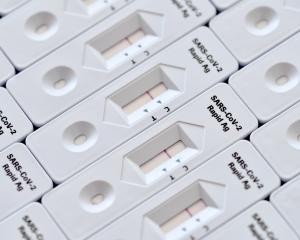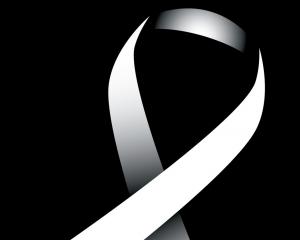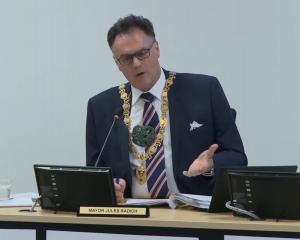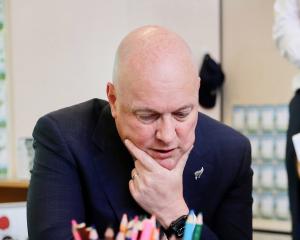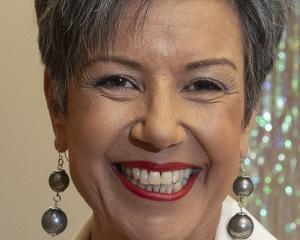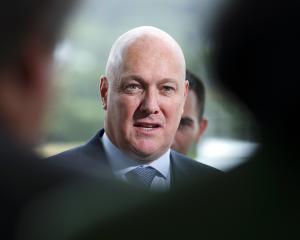
Free breast cancer screening is available for all New Zealand women aged between 49 and 69. It is an incredibly valuable programme, as breast cancer is eminently treatable if detected early enough, and the every-two-year scanning regime has no doubt saved hundreds, if not thousands, of lives, given an estimated 10% of women develop breast cancer.
But the cap on free screening, similarly to the age cap on free screening for bowel cancer, has been controversial.
The risk of breast cancer increases as you get older, and three-quarters of women who contract it are over 50.
New Zealand not only has an ageing population, but a population whose life expectancy is increasing.
The number of women who live past the age of 69 is, happily, on the rise but, much less happily, so is the rate of women aged over 70 who will develop breast cancer.
Many of those women will not be independently wealthy and will be reliant on programmes such free breast screening to safeguard them.
For years, the Breast Cancer Foundation has been lobbying on their behalf for the age limit to be raised.
Picking an age limit for anything is arbitrary and discriminatory, but picking 69 in this case seemed like a crude and possibly cruel actuarial balancing act between life expectancy and future productive life.
Hence in 2016 the Foundation took a petition to Parliament, signed by more than 10,000 people, which called for the free screening age to be raised to 74. While that age limit too discriminates against the long-lived, it would at least have been an improvement — especially given that about one New Zealand woman a week aged 70-74 dies from breast cancer .
It would also bring us into line with countries to which New Zealand compares itself, such as Canada and Australia, where similar programmes provide free scans up to the age of 74.
The proposal was included as one of five health priorities in the coalition document signed by Labour and New Zealand First after the 2017 election, but six years later what was a priority still languishes on the to-do list.
Hence, Labour watched with some chagrin when National’s Health spokesman, Shane Reti, had his Pae Ora (Healthy Futures) (Provision of Breast Cancer Screening Services) Amendment Bill drawn from the Member’s Bill ballot some months ago.
The Bill was partially debated on Wednesday night. Despite a graceless, election-year focused introductory speech from Dr Reti, Labour agreed to support the Bill — a marked contrast to its voting down of an innocuous Bill in the name of Nicola Willis some weeks ago.
Labour’s Ilam MP, Sarah Pallett, was an unusual choice for first speaker, but it soon came apparent why. Although detected through the high risk patient programme rather than regular screening, she herself is a survivor of breast cancer and a living example of why it is such an important programme.
Invercargill Labour list MP Liz Craig also weighed in to say that while raising the age limit would cause problems in terms of IT capacity and workforce numbers, and that it also raised wider questions about the screening programme as a whole, the idea was at least worthy of further discussion.
It is a shame that in the torrent of important business that Parliament was trying to transact before its dissolution it could not quite get Dr Reti’s Bill through its first reading and off to select committee for further consideration.
But at least — although not all parties have spoken yet — there appears to be unanimity in support of the Bill, meaning that if Dr Reti is not available to progress his proposed law change in the next Parliament some other MP will adopt the Bill as their own.
As any medical professional, let alone any patient, will tell you, delay in diagnosis and treatment can make all the difference in a positive or negative outcome following the discovery of cancer. This, hopefully temporary, delay will be cruel for some women who will not be able to avail themselves of a free scan sooner rather than later.
But at least change is coming, and not before time.

